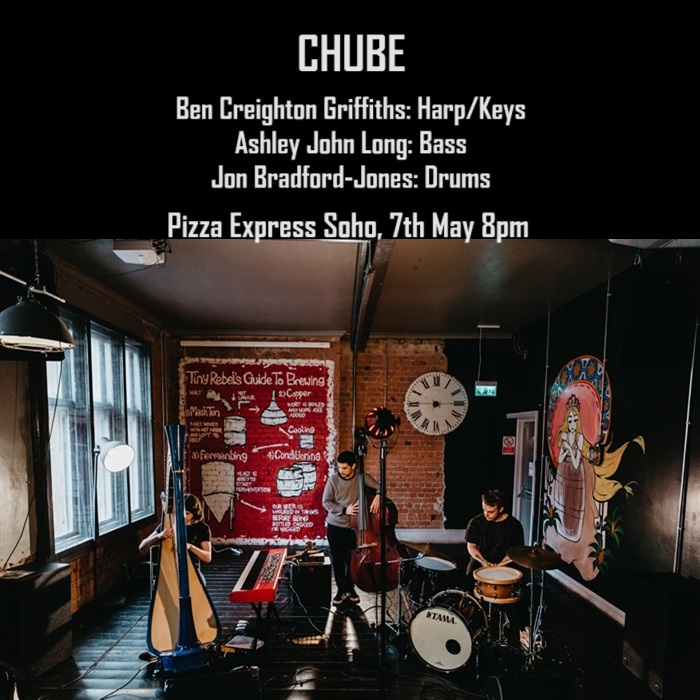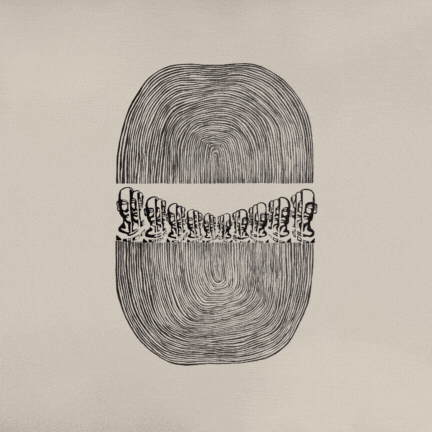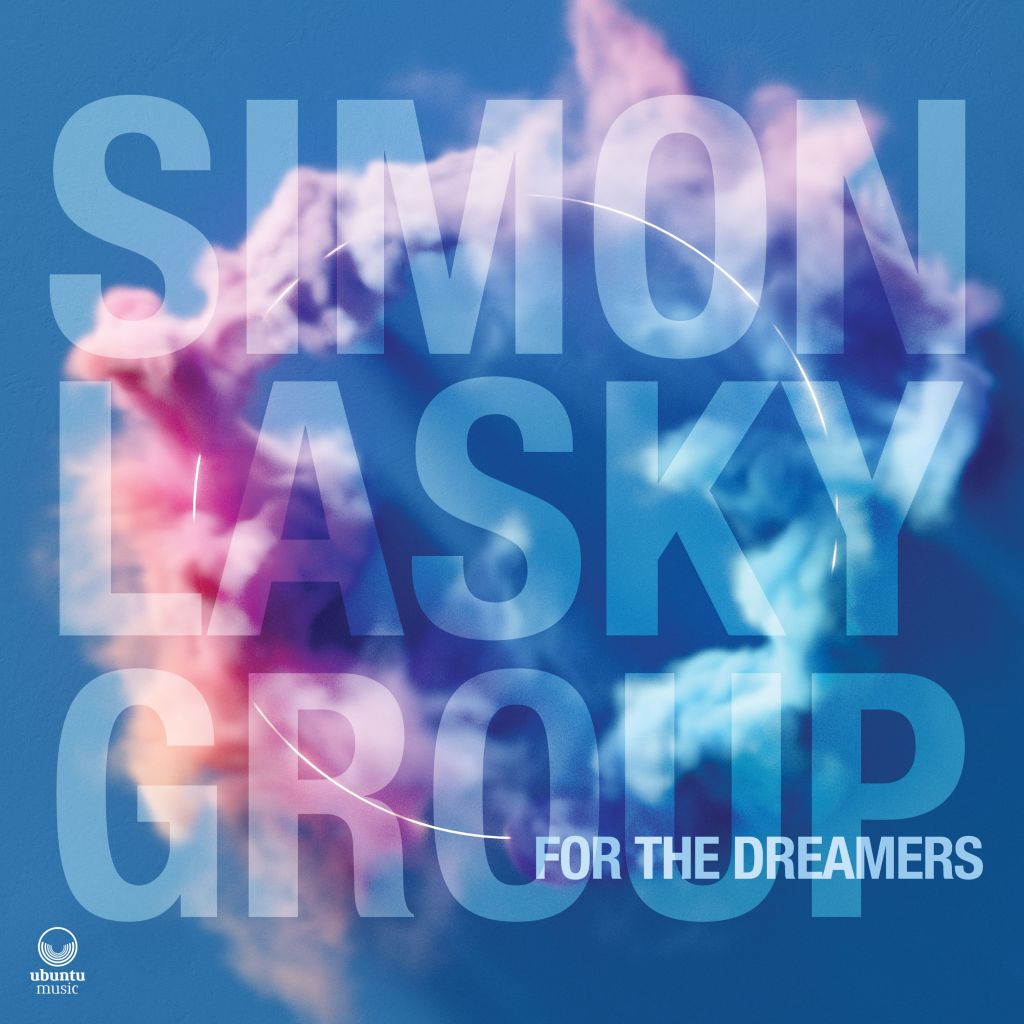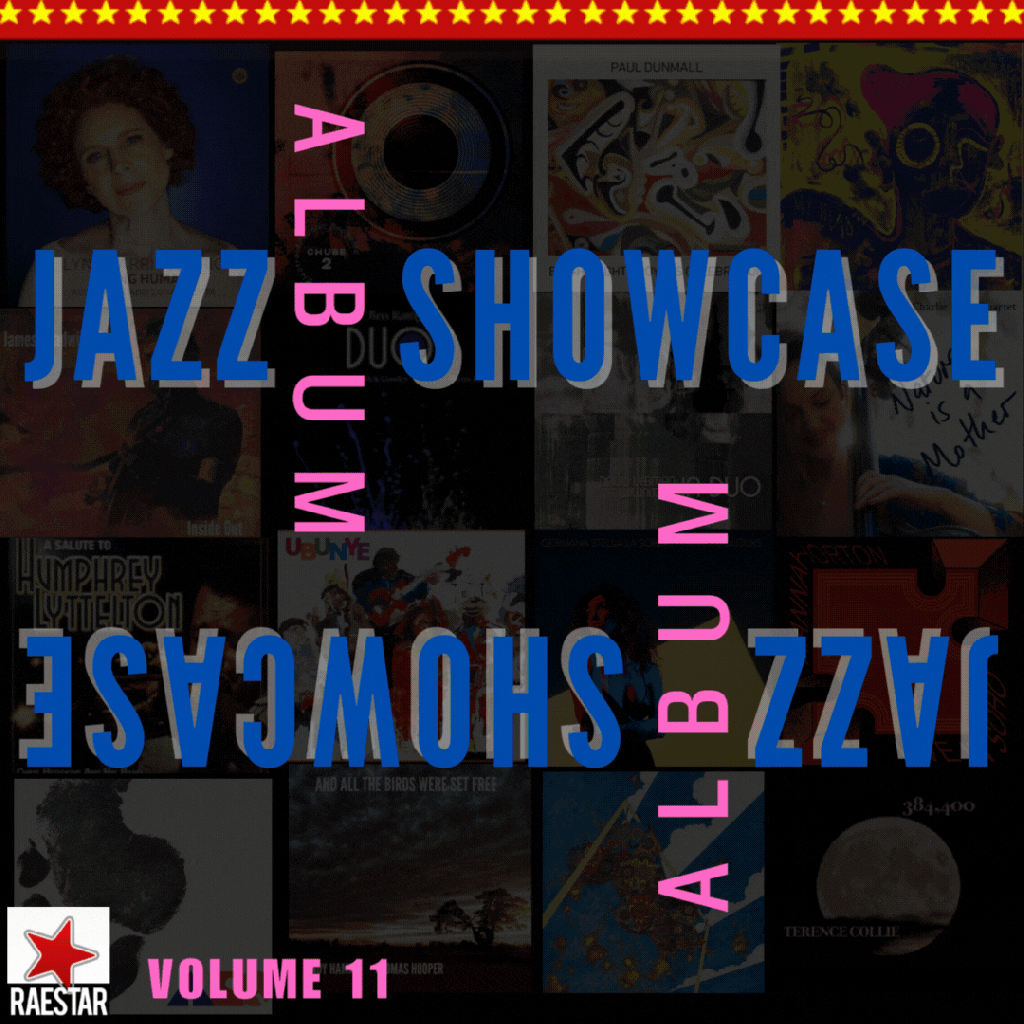French pianist Gregory Ott’s “Parabole” (Jazzdor) is a modestly understated and deeply personal album. It offers a musical reinterpretation of Wim Wenders’ masterpiece, the 1988 film “Wings of Desire”. Ott has not reworked the original movie soundtrack, far from it. This project takes the form of short original pieces, and Gregory Ott takes the opportunity to use a compositional style that is not just finely crafted but also highly evocative.

Remembering Peter Handke’s screenplay, what stays in the mind is that the angel chooses to forgo immortality in order to indulge fully in life’s temporary pleasures and sensations. And that is the idea which has framed the intimate structure of this solo album: these are musical moments which appear suspended in a void. And the disc’s utterly poignant finale, “Leben”, is a dazzling tribute to the fragility of life. Interview by David Di Nota (*)
LondonJazz News: You’ve always had something of a penchant for short pieces. Your melodic lines are always clear, but there’s something enigmatic about the way you hold the music suspended (I’m thinking of “Nouvelle” or the wonderful “Lamento” in your fourth album with the trio Ways). It seems to me in this latest album you’re looking to explore this storytelling and almost literary aspect of your work further. How do you see “Parabole” in relation to your previous albums?
Gregory Ott: Recording in a trio is by nature an adventure that one goes on with other people. So after a series of them I felt the need to get closer to my own musical core. It’s something I wouldn’t have risked five years ago…or even three. I was already feeling an inner urge and a need to do it before a combination of circumstances – the Covid crisis, an invitation from a superb sound engineer, Philippe Gaillot, and receiving a proposal from a very good label based in Strasbourg, Jazzdor – came about, and all that suddenly made this project possible. It turns out that the trio experience, which I don’t regret at all, sometimes locked me into certain ways of thinking, musically. I realised there was a kind of intimacy missing between me and the instrument. So this time it was a question of writing an album which is as close as possible to who I am, to my DNA. And no doubt because of my classical background I do like things that are very structured, very written.
LJN: The film “Wings of Desire” has in some sense become your partner in this inner world… How would you describe this reinterpretation? And why Wenders?
Not yet a subscriber of our Wednesday Breakfast Headlines?
Join the mailing list for a weekly roundup of Jazz News.
GO: “Wings of Desire” came out in 1988. I was 17 years old. I used to go to the cinema with my brother. I was overwhelmed from the moment I heard the trailer, thirty unforgettable seconds… this series of musical layers, and above all this language magnificently “interpreted” by Bruno Ganz. I was transfixed; I don’t have any other word for it. During my discussions with Philippe Ochem, the artistic director of Jazzdor, the question arose of defining a framework, an overall axis. The idea of “Wings” came up. How would I describe this reinterpretation? Good question! I would say, in all modesty, that I have reappropriated it.
LJN: Another silent partner who has been with you since the beginning – or at least so it seems to me – is Esbjörn Svensson.
GO: Absolutely. He’s an absolute genius. And I’ve listened to Nils Frahm a lot as well. There’s nothing electro in my music, but his minimalism has influenced me a lot. I feel very close to this Nordic aesthetic. His piano “una corda”, with this incredible tone, very subdued… I’m not necessarily a fan of prepared piano, it’s not where I start out from, but I did want to explore the body of the piano, its organic aspect. I use my hands, sometimes a drum mallet, always with the idea of broadening and enriching the overall relationship I have with the piano. And this is what I intend to share with the public now in France, in Germany, and why not, in England too.
LJN: We certainly hope so.
(*) With this interview we welcome a new contributor to LJN. David Di Nota is a French writer based in London.
Album details for “Parabole“: Piano / composition: Gregory Ott; Recording and mixing: Philippe Gaillot at Studio Recall (October 2020 /Pompignan, FR); Mastering: Jean-François Untrau at Studio l’Atelier 65 (Rosenwiller, FR); Produced by Jazzdor; Executive Producer: Philippe Ochem; Photos: DR; Graphics: Helmo.Jazzdor
LINKS: Parabole at Jazzdor Series / Bandcamp
On video – recorded live at Festival Arte Concert Strasbourg 2020
Categories: Features/Interviews












Recent Comments